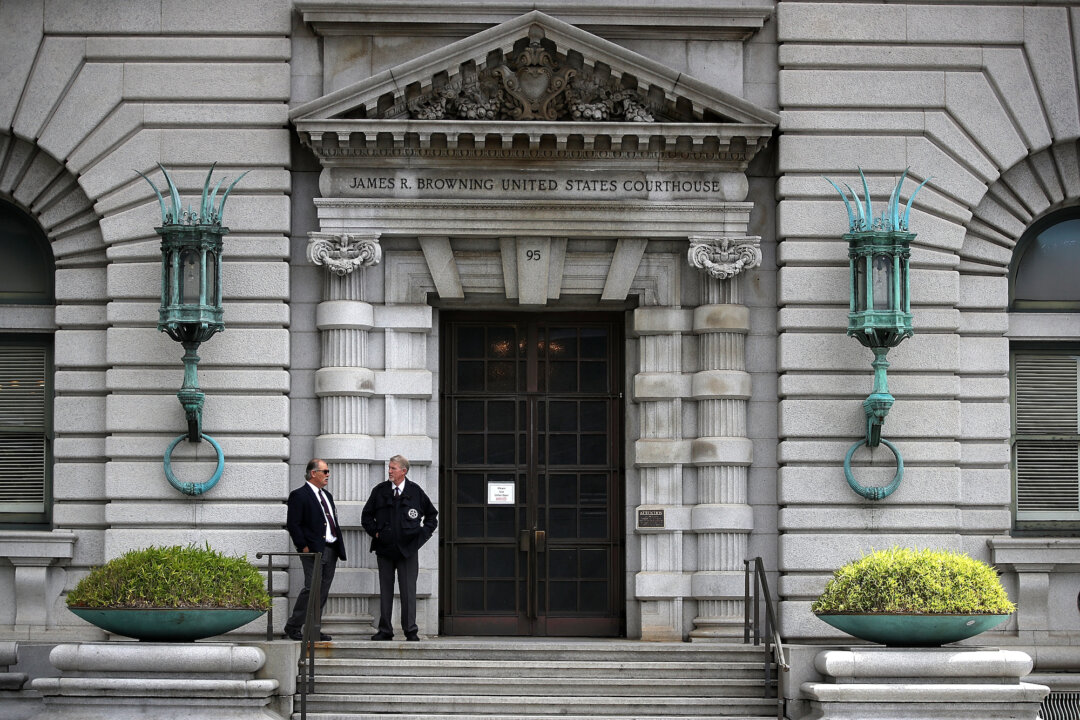Federal Appeals Court Upholds Trump Administration's TPS Termination
A federal appeals court allowed the Trump administration to end Temporary Protected Status for thousands of migrants from Central America and Nepal, risking deportation and loss of work authorization.
Subscribe to unlock this story
We really don't like cutting you off, but you've reached your monthly limit. At just $5/month, subscriptions are how we keep this project going. Start your free 7-day trial today!
Get StartedHave an account? Sign in
Overview
- A federal appeals court has ruled in favor of the Trump administration, allowing it to proceed with the termination of Temporary Protected Status (TPS) for thousands of migrants.
- This decision by the 9th U.S. Circuit Court of Appeals specifically impacts approximately 60,000 individuals primarily from Honduras, Nicaragua, and Nepal residing in the United States.
- The termination of TPS means these migrants face the potential loss of their legal work authorization and a significant risk of deportation from the United States.
- The court's ruling involved granting an emergency stay, which allows the administration's actions to proceed while an appeal regarding the legality of the termination is pending.
- Immigrant rights advocates strongly oppose the decision, asserting that the administration's actions are unlawful and constitute a broader strategy aimed at mass deportations.
Report issue

Read both sides in 5 minutes each day
Analysis
Center-leaning sources cover this story neutrally by presenting a balanced account of the legal proceedings and the arguments from all involved parties. They attribute strong language directly to sources, explain complex programs like TPS objectively, and provide factual historical context without editorializing or using loaded language in their own narrative.
Articles (8)
Center (2)
FAQ
Temporary Protected Status (TPS) is a temporary immigration status established by the U.S. Congress in 1990 to protect foreign nationals from countries experiencing armed conflict, environmental disasters, or other extraordinary conditions making safe return impossible. TPS allows these individuals to live and work legally in the U.S. without fear of deportation during the designated period but does not provide a pathway to permanent residency or citizenship.
The ruling specifically affects about 60,000 individuals primarily from Honduras, Nicaragua, and Nepal who currently hold TPS in the United States, putting them at risk of losing their legal work authorization and facing deportation.
Termination of TPS means that affected migrants could lose their legal work authorization and protection from deportation, exposing them to the risk of being deported from the United States. This could disrupt their lives and livelihoods significantly.
TPS has been designated and re-designated based on conditions in the home country, such as armed conflict or disasters. It is a temporary status, typically lasting 6 to 18 months, and can be extended. However, the program does not lead directly to permanent residency, and administrations have sometimes terminated TPS designations, which have sometimes been challenged in courts.
Immigrant rights advocates strongly oppose the decision, arguing that the termination of TPS is unlawful and part of a broader strategy aimed at mass deportations, placing vulnerable migrants at risk and potentially violating humanitarian principles.
History
- 2M

 3 articles
3 articles






